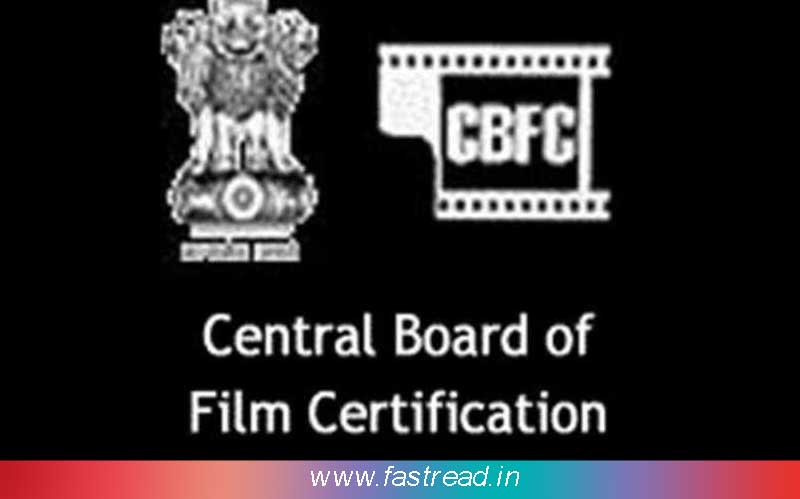What is Censor Board Certificates – CBFC Under The Ministry of Information and Broadcasting:The Central Board of Film Certification (CBFC) is a legal organization that comes under the Ministry of Information and Broadcasting. This board works to give certificates to the films of our country according to its content. According to the provisions under the Cinematography Act 1952, it works to give certificates for the release of films. All the films produced in our country have to get a certificate from the censor board before its release.
The Central Government appoints the directors and members of the Censor Board. Its members are not on any official position. The Censor Board has its headquarters in Mumbai and has 9 regional offices located in Mumbai, Kolkata, Chennai, Bangalore, Thiruvananthapuram, Hyderabad, New Delhi, Cuttack and Guwahati.
How long does it take for a film to be given a certificate?
The Censor Board can take maximum time of 68 days in the certification of any film. First, the application of the film is examined, which takes about a week. After that the film is sent to the Investigation Committee, the Investigation Committee sends it to the Censor Board Director within 15 days. The director can take a maximum of 10 days to examine the film. Then the Censor Board can take 36 days more time to inform the applicant of the film about the necessary cuts and issue the certificate.
How many types of film certificates are there?
According to the content of the film, the censor board gives 4 types of certificates to a film.
- The first category is (U) i.e. Universal, this category is for all audiences.
- The second category is (U / A), under this, children under 12 years of age can watch the film only under the care of their mother or any elder.
- The third category is (A), which is for Adults only.
- The fourth and last category is (S), this category is only for a certain class of people, such as doctors, engineers or farmers, etc.
How to get a film certificate
The sensor board has 3 panels to pass or fail the film. The first panel is of the Investigation Committee. It consists of 4 members, out of which it is necessary to have 2 women. Most of the films are passed through this panel. The special thing is that the chairman of the censor board is not included in this panel. The Investigation Committee watches the film and then all the members give their suggestions in writing about which scene of the film to be cut and which to amend. After this, the report of the committee is sent to the chairman.
The second panel, called the Revising Committee, the film is sent to this panel only when the Investigation Committee refuses to give the certificate to the film. There can be 9 more members in this panel apart from the chairman. The identity of the members of this panel is also kept secret. It consists of members who did not join the earlier panel. If the filmmaker refuses to accept the suggestions given by this panel, then in such circumstances this panel has the right to refuse to pass the film.
The third panel is the Film Certification Appellate Tribunal (FCAT). This is the last panel. In this, there are experienced members of the film industry. Apart from this, there are also retired judges of Supreme Court and High Court. This panel is formed after much deliberation. Therefore, it can take about a month for the film to get the certificate from here. If the film is not passed through this panel too, then in such a situation, the filmmaker has no way other than to appeal to the High Court or the Supreme Court, which takes a lot of time, so often the certificate which the filmmaker gets from the Censor Board Let’s release the film about that.

